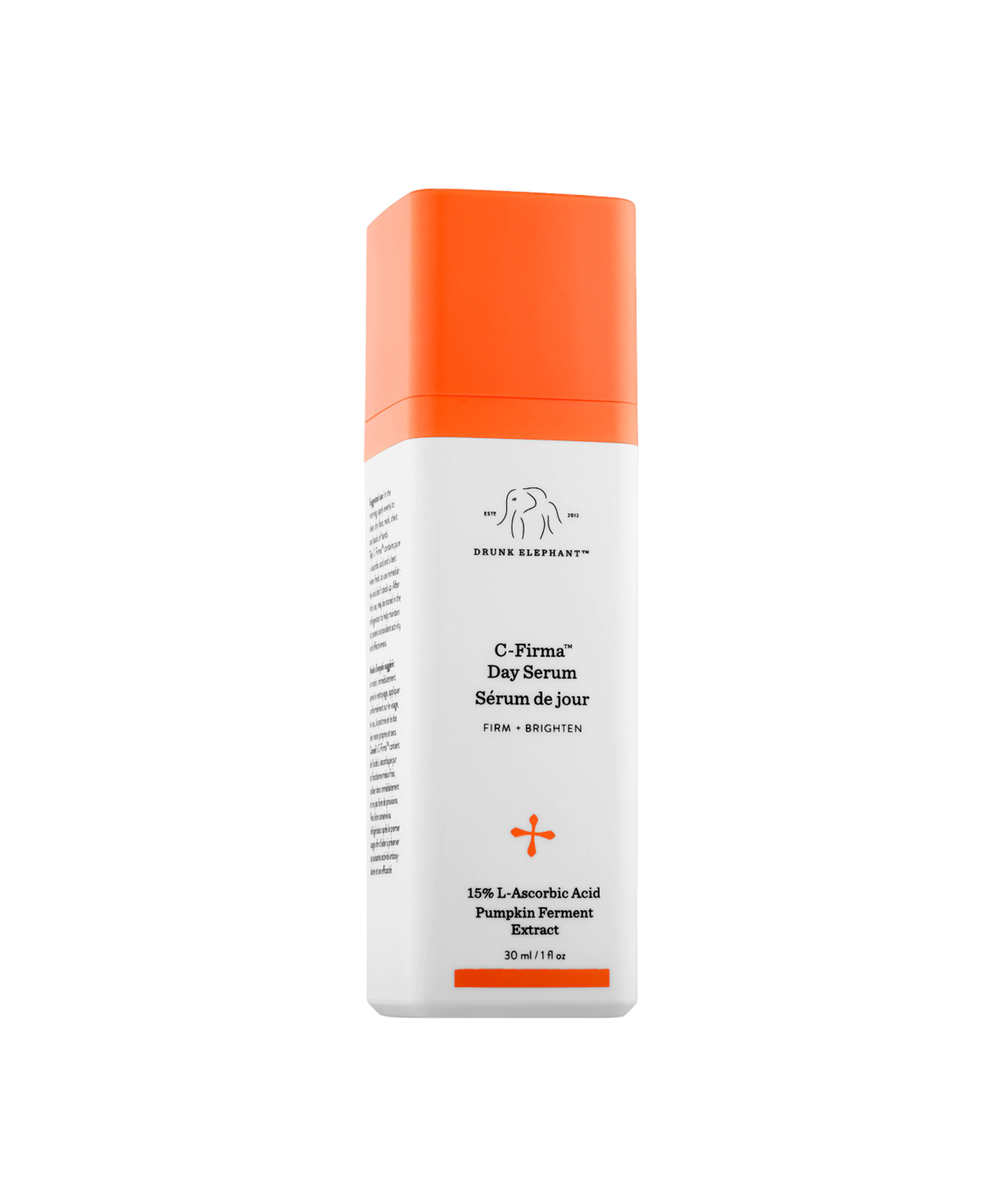Will you regret not buying travel insurance? Sometimes costly and often confusing, travel insurance coverage might seem like a trip-planning technicality that’s all too easy to ignore. But Murphy’s law is Murphy’s law, and a good policy could afford you priceless peace of mind. Below are a few things to know about travel insurance before you purchase coverage, including which policies might work best for your type of trip, which policies could be completely useless, and how to shop for the best plan.
You Might Need It
Is travel insurance worth it? That’s the big question for any traveler considering travel insurance. Here’s my general rule: If you’re taking a long, expensive, or ambitious trip to a far-flung destination, travel insurance could be a smart choice. If a natural disaster or sudden illness were to ruin your travel plans, would you lose a great deal of money? Is this the trip of a lifetime? Have you been saving for this getaway for years? Are you traveling to a place with poor local healthcare facilities? Are your accommodations and plane tickets costly and nonrefundable? If you answered yes to one or more of these questions, you’d do well to seriously consider a plan.
Policies generally cost 5 to 15 percent of the total cost of a trip, depending on the age of the traveler, the level of coverage, and your trip details. If a good policy fits within your budget, it certainly can’t hurt to guard your health and your wallet against calamity.
Your Homeowner’s or Renter’s Insurance Might Offer Sufficient Coverage
If it’s simply your valuables you’re worried about, travel insurance might not be your best bet. Although many travel insurance policies include coverage of stolen or lost items, your belongings may already be covered by homeowner’s or renter’s insurance.
Most homeowner’s and renter’s policies will cover your belongings even if they’re off premises, though you may be limited to 10 percent of the total value of your coverage. If you have a policy like this, travel insurance policies that include coverage for baggage or personal items could be unnecessary. Consumer advocate and SmarterTravel contributor Ed Perkins advises, “Buying a bundled policy is clearly overkill if you just want property coverage.”
Your Credit Card Might Be Enough
Check your credit card’s travel protections, too. According to Ed Perkins, “Several premium credit cards include baggage coverage, provided you pay the entire trip cost with the card. The American Express Green Card, for example, covers replacement cost, not just depreciated cost, and it even covers up to $1,250 for carry-on baggage. This is a no-charge extra. Many Mastercard and Visa credit cards also offer similar benefits, depending on the issuing bank.”
Trip Cancellation Insurance Only Covers Select Reasons
Trip cancellation insurance is a good coverage option when you’ve paid a substantial amount of money for a getaway and wouldn’t be able to comfortably absorb the financial loss if your trip fell through. If things don’t work out, you’ll at least get your nonrefundable, prepaid travel costs back.
It’s important to note, though, that you’ll only get a payout if your travel plans are canceled for reasons listed in the policy. For example, the OneTrip Cancellation Plus plan from Allianz Travel covers trips canceled for a range of reasons, including illness or injury to you or a travel companion, the loss of your job, and a natural disaster that prevents you from getting to your destination. Not on the list? If your family member has a baby, if you get a new job voluntarily and can no longer take the time off for vacation, or if your pet falls ill.
You can protect yourself against any conceivable reason for cancellation with a cancel-for-any-reason policy.
Read the Fine Print
This one’s a given, but it’s one of the ultra-important things to know about travel insurance: Read the fine print. In the unlikely event that you’ll have to use your travel insurance policy, you want nothing to come as a surprise. For example, depending on the policy, hurricane coverage doesn’t apply if you buy the insurance after the storm in question has been named; that’s a bit of (seemingly arbitrary) fine print that could essentially nullify a policy purchased too late. Take the time to read the details of your plan and become familiar with the documentation you might need when submitting a claim. Take note of coverage limits and exclusions.
Many travel insurance plans come with a review period; this is a grace period during which you can look over your policy and make adjustments.
You Might Be Covered Under Your Current Health Plan
Check your health insurance policy to see whether you’re covered for medical care in a foreign country. Some plans offer full coverage abroad; others offer spotty coverage; and still others, such as Medicare and Medicaid, don’t provide much medical coverage outside of the U.S. at all.
If you lack adequate medical coverage overseas, consider a travel insurance policy with primary or secondary medical coverage. A primary policy will function as your go-to coverage in the event of accident or illness, whereas a secondary plan can be used as a backup to a health insurance policy that offers limited overseas coverage.
An Evacuation Plan Could Be a Good Idea
Some insurance plans are evacuation plans; that is, in the event you need medical care, your insurance provider will pay for the costs of getting you to a hospital. If you suffer a serious illness or accident while abroad in a remote location, the most expensive component of treatment will likely be evacuation. Depending on where you are, it could cost hundreds of thousands of dollars to fly you to a hospital or your home country for emergency treatment; an evacuation plan will cover these costs.
There are two things you should know about this benefit: First, evacuation policies may only cover the costs of transportation to the hospital—not your medical expenses. Second, you may not be able to choose your hospital. While some policies offer a “hospital of choice” option that allows you to pick a preferred hospital, others don’t and will simply take you to the nearest facility deemed appropriate by the insurance company. As always, read the fine print.
Aggregator Sites Can Help You Shop
An easy way to compare plans when shopping for insurance is to use an online agency that functions as an aggregator. On such sites, you’ll enter details about yourself and your trip and get a results list of suggested policies. Check out sites like InsureMyTrip and Squaremouth, both of which allow users to perform side-by-side comparisons of different travel insurance plans and to read customer reviews.
What to Wear on Your Next Trip
More from SmarterTravel:
- How Annual Travel Insurance Could Save You Money
- The 8 Worst Travel Decisions You Can Make on Vacation
- Cruise Insurance: Everything You Need to Know
Editor’s note: This story was originally published in 2014. It has been updated to reflect the most current information.
We hand-pick everything we recommend and select items through testing and reviews. Some products are sent to us free of charge with no incentive to offer a favorable review. We offer our unbiased opinions and do not accept compensation to review products. All items are in stock and prices are accurate at the time of publication. If you buy something through our links, we may earn a commission.
Related
Top Fares From Chicago, IL
Today's Top Travel Deals
Brought to you by ShermansTravel
Shop and Save with Country Inns...
Patricia Magaña
 Hotel & Lodging Deals
Hotel & Lodging Deals
$229 -- Chicago: Discounted Rates and...
Francesca Miele
 Hotel & Lodging Deals
$229+
Hotel & Lodging Deals
$229+
$188 -- Honolulu: Save on Oceanview...
Abigail Lamay
 Hotel & Lodging Deals
$188+
Hotel & Lodging Deals
$188+






















































